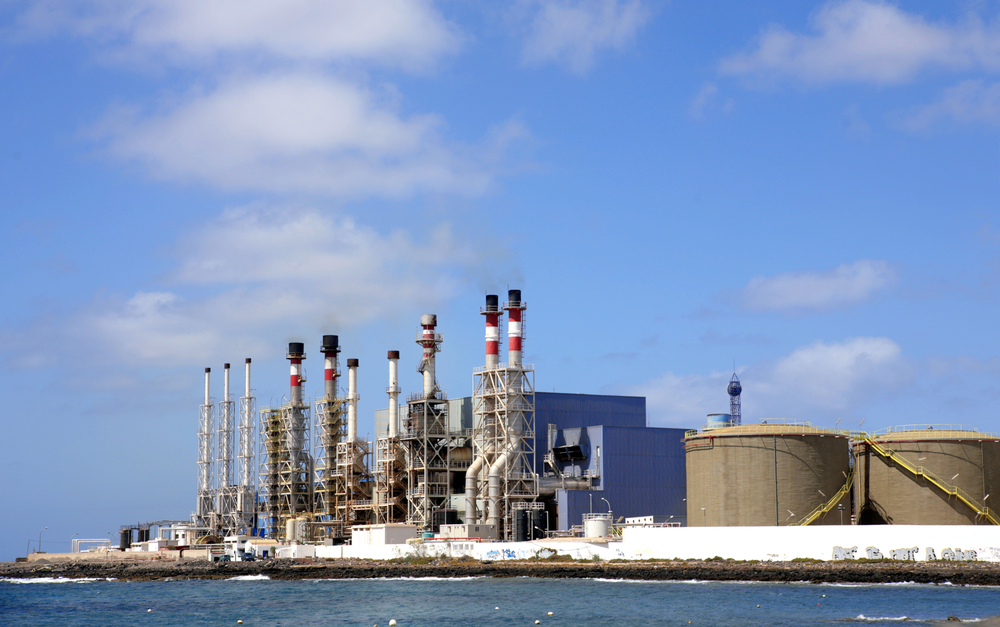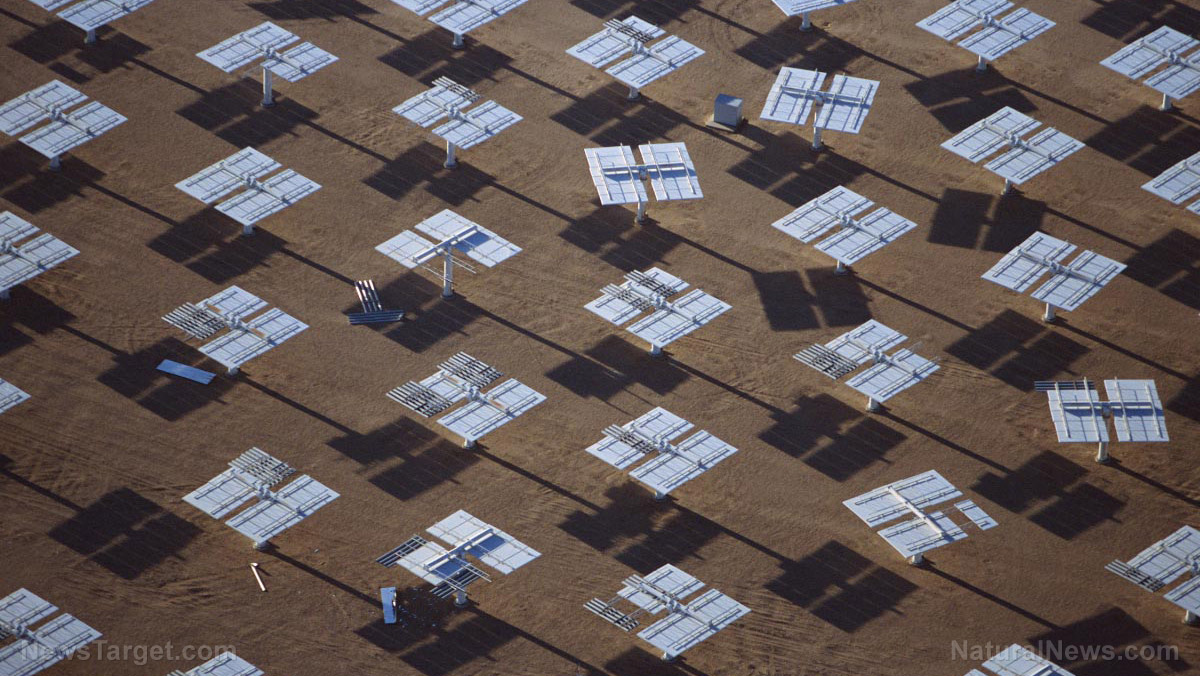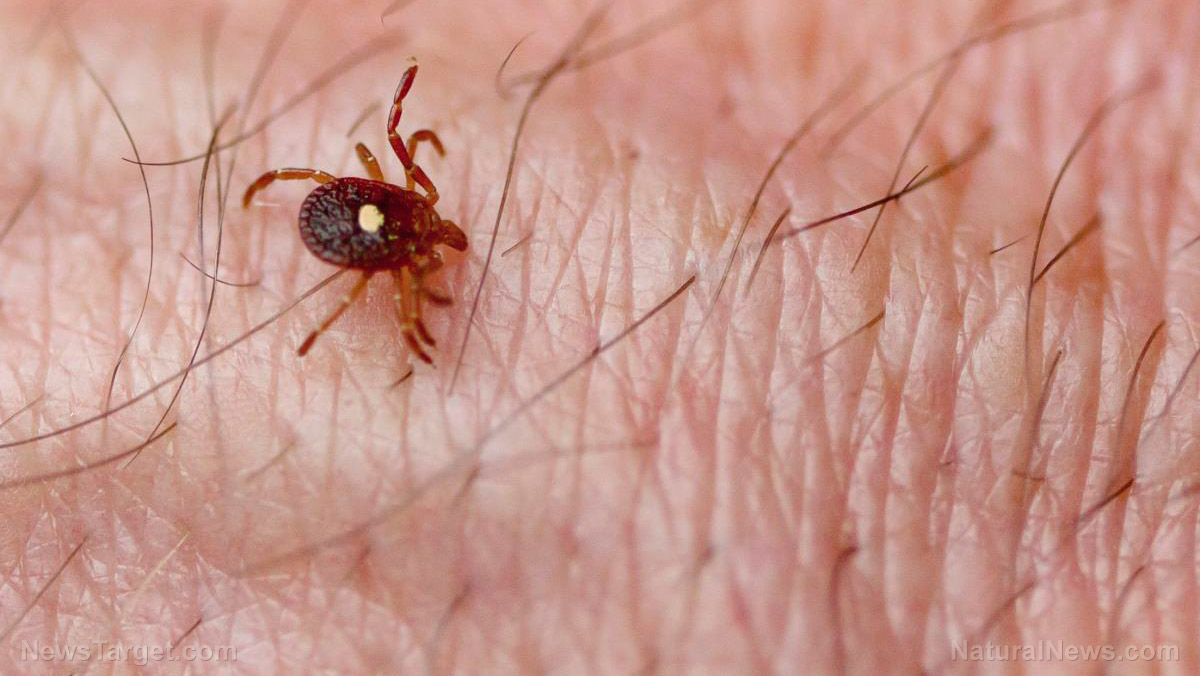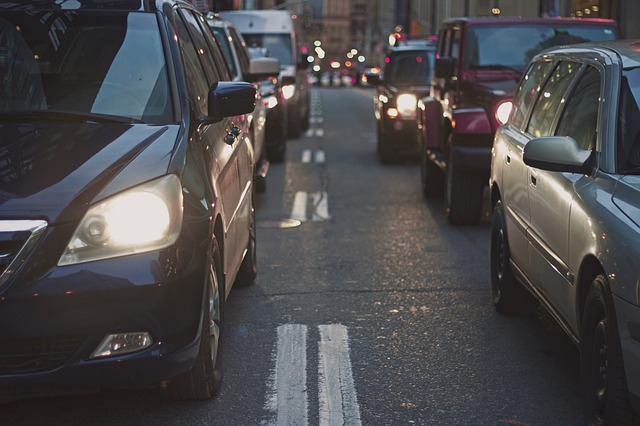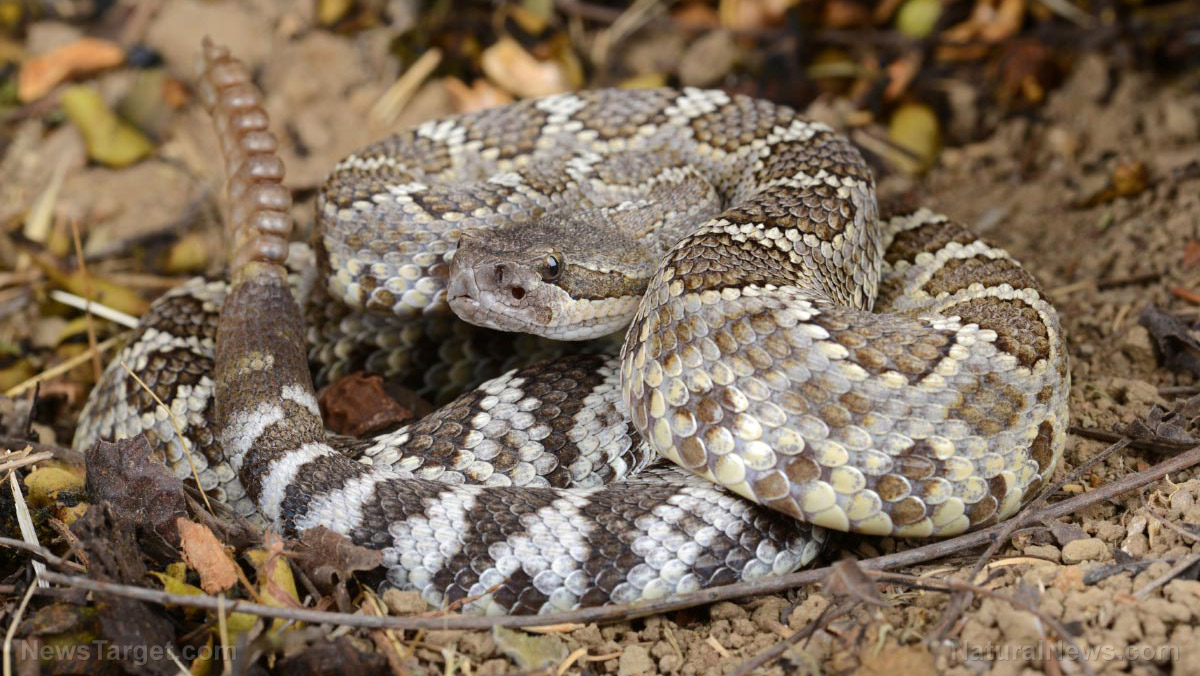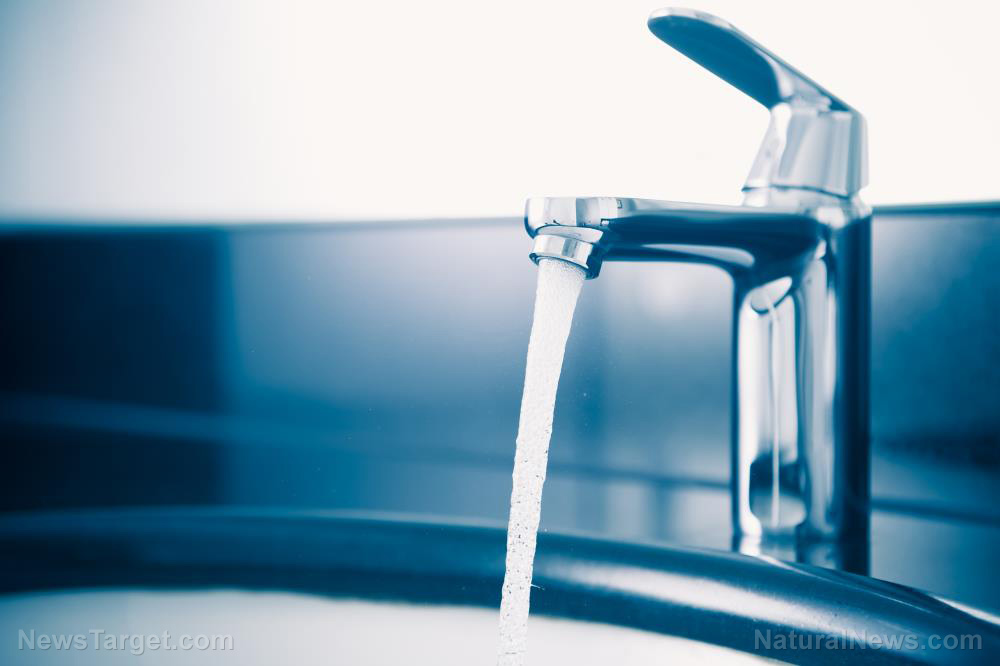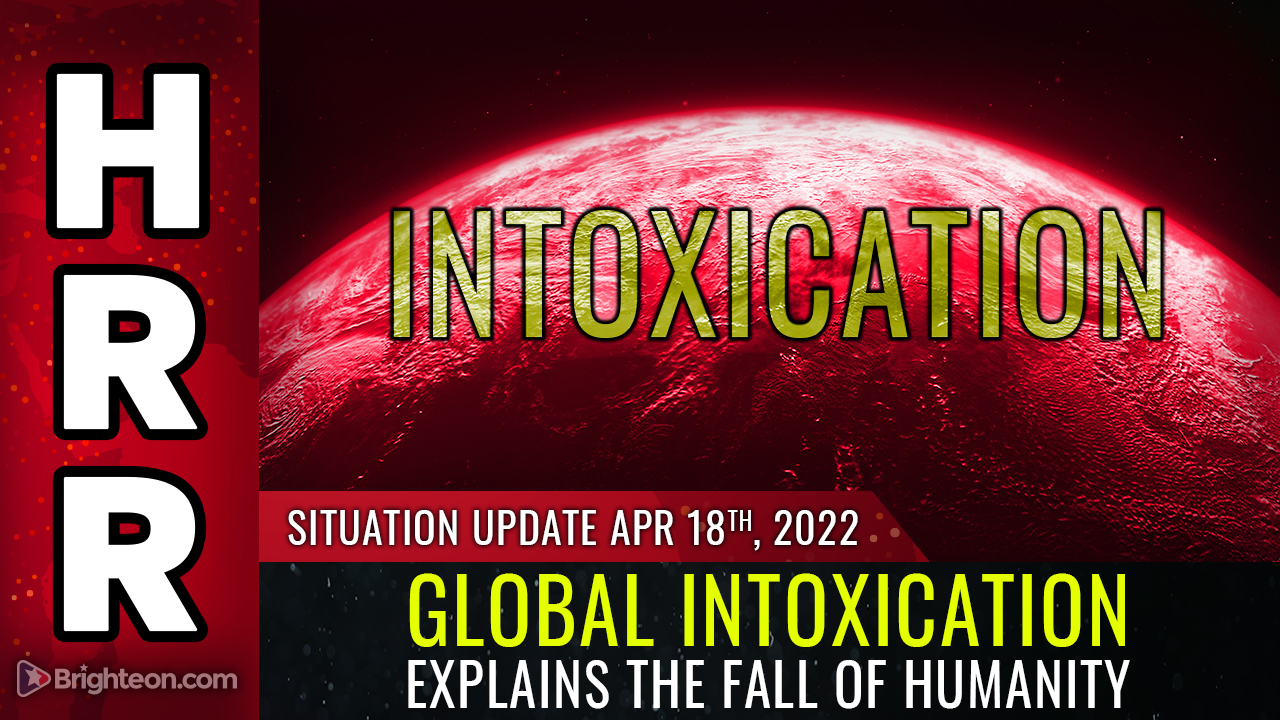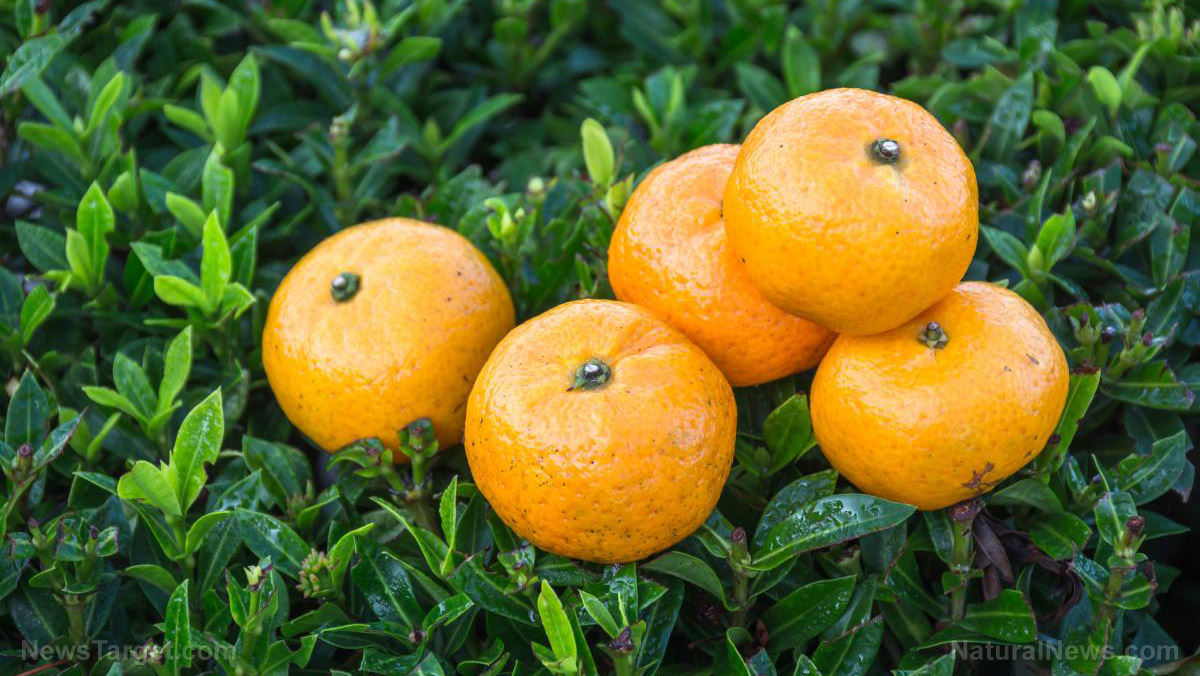Ireland to reduce plastic waste production by eliminating all single-use plastic
08/25/2020 / By Divina Ramirez

Single-use plastics, like cutleries, plastic bags and food containers, constitute a huge chunk of the plastics accumulating in landfills or disintegrating in the oceans as microplastics. Plastic consumption has taken a huge toll on both land and sea, affecting not just marine life but flora and fauna, too.
Countries around the globe had been taking steps to curb plastic pollution, such as banning plastic bags. In 2019, Ireland’s then Minister for Communications, Climate Action and Environment Richard Bruton announced plans to ban single-use plastics from public bodies.
It is the nation’s most radical step to date in reducing plastic waste. Bruton’s plans also include imposing tax levies on businesses, including supermarkets, fast food restaurants and food manufacturers, to ensure strict compliance. The ban is set to come into effect in 2021, according to the drafted plans.
Irish authorities propose to ban single-use plastics
The move that had environmentalists cheering came after the European Union’s (EU) European Parliament voted in favor of a ban on single-use plastics across all EU countries in October 2018. Under the proposal, 10 single-use plastics that most often end up in the oceans are going to be prohibited across the EU by 2021.
This proposal is of particular importance to the Irish government, as the nation is considered an outlier among EU member states. Ireland consumes more plastic than other countries in the EU and generates far more waste per capita than the European average.
“Managing our resources is crucial to securing a better, more sustainable Ireland for future generations,” Bruton told the Irish Times. Proper management of resources is central to the drafted plans, he added, because 60 percent of gas emissions come from the use and production of plastics.

Bruton further said he is determined to step up ambition and put in place strong policies to reduce Ireland’s waste generation and discourage the use and production of plastics. Bruton had also set benchmarks as part of Ireland’s improved climate action campaign.
These benchmarks include a 50 percent reduction in food waste, a 60 percent increase in plastic recycling efforts and a 60 percent reduction in the nation’s dependence on landfills, according to The Journal. (Related: Researchers are working on turning plastic into fuel that could power homes.)
Bruton had also consulted different sectors and industries to discuss the implementation of the proposed climate action policies. Nonetheless, the ambitious policies are projected to have far-reaching implications for retailers, food outlets, manufacturers and consumers.
To Bruton, the entire supply chain is long due for a major overhaul. A staggering 70 percent of food waste is avoidable, he said. Moreover, half of all the materials being used nationwide do not go through proper segregation upon disposal and another two-thirds of total plastic waste cannot be reused, he added.
Plastic pollution: A global burden
The European Parliament’s 2018 decision to ban single-use plastics by 2021 is in line with a growing global emphasis on the urgent need to halt the use and production of materials that are detrimental to the planet, such as plastics.
But although rampant plastic use and production affect land animals and humans, too, its effects are most seen and felt in the ocean. In fact, the EU directive targets some of the most common ocean-polluting items made of plastic, including cotton buds, straws, stirrers and balloon sticks.
Scientists still do not fully understand the potential effects and impact of plastics on ocean health, but existing studies and ongoing research on marine life underscore the role of plastic pollution in the declining populations of marine animals.
Microplastics, for instance, have been implicated in the frequent beachings and strandings of marine mammals like porpoises, dolphins and seals. In 2019, scientists studied 50 marine mammals that had been stranded around the coast of Britain and found that all of them had ingested microplastics.
Penelope Lindeque, the head of the marine plastics research group at Plymouth Marine Laboratory in England and a member of the research team, said that the ubiquitous presence of plastic in the oceans is disconcerting.
Throughout her studies, Lindeque has found microplastics in all kinds of marine animals, including zooplankton and turtles. The ocean is a soup of microplastics, she said, and chemicals from these plastics could be leaching into the ocean and poisoning marine life.
Studies like these indicate a pressing need for humans to reduce their plastic consumption. Only then can marine life be better protected from the potential harm that these materials introduce to the ocean, said Lindeque.
Read more articles about the effects and impact of plastic pollution at OceanHealthNews.com.
Sources include:
Submit a correction >>
Tagged Under:
This article may contain statements that reflect the opinion of the author

